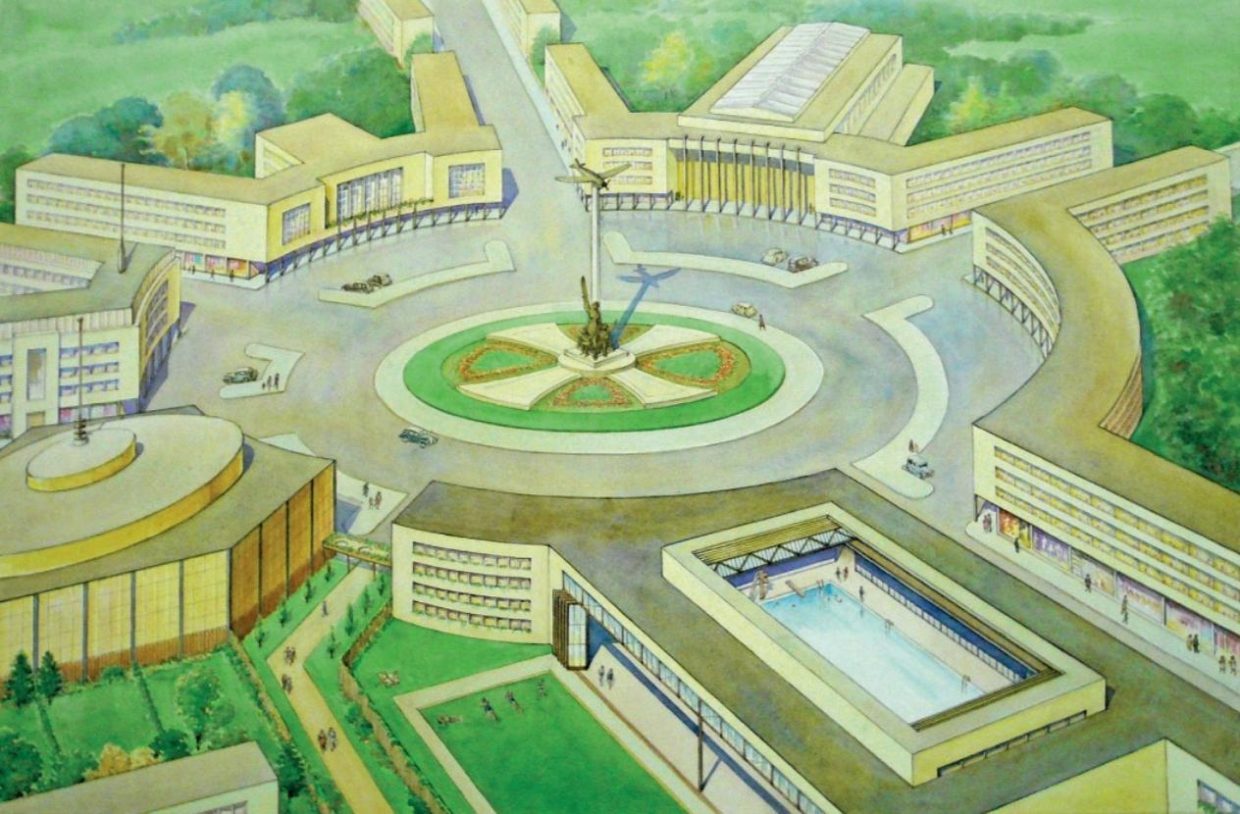Rebuilding a nation after the devastation of war is an immense and complex challenge. While the physical reconstruction of infrastructure is vital, the political strategies guiding this process are equally crucial for ensuring lasting peace and stability. In this article, we will explore effective political approaches that have proven successful in post-war reconstruction, highlighting how thoughtful governance, inclusive policies, and strategic collaboration can pave the way toward recovery and renewal. Whether you’re a student, policy enthusiast, or simply curious about how nations rise from conflict, this overview offers valuable insights into the art of rebuilding not just structures, but societies.
Table of Contents
- Understanding the Importance of Inclusive Governance in Post-War Reconstruction
- Building Strong Institutions to Foster Stability and Trust
- Promoting Economic Recovery Through Strategic Investment and Policy
- Encouraging Community Engagement and Reconciliation for Lasting Peace
- The Conclusion
Understanding the Importance of Inclusive Governance in Post-War Reconstruction
Inclusive governance is a cornerstone of sustainable recovery, especially in societies emerging from conflict. It ensures that diverse voices—across ethnic, religious, and political lines—are not only heard but actively engaged in decision-making processes. This level of participation fosters trust among previously marginalized groups and serves to dismantle the root causes of conflict. By prioritizing inclusivity, post-war governments can create a political climate where cooperation thrives, and grievances are addressed through dialogue rather than violence.
Moreover, inclusive governance promotes transparency and accountability, which are critical to rebuilding public confidence. Key elements to focus on include:
- Power-sharing arrangements: Distributing authority across different factions to prevent monopolization of power.
- Community-driven reconciliation: Facilitating grassroots involvement to heal social divisions.
- Institutional reforms: Building impartial legal and administrative frameworks that uphold human rights and the rule of law.
When governance structures embrace inclusivity, they establish a foundation for peace that is resilient against future upheavals, making the entire reconstruction endeavor more effective and legitimate.
Building Strong Institutions to Foster Stability and Trust
Stable governance is the cornerstone of successful reconstruction. Establishing credible institutions that operate transparently and impartially serves not only to uphold the rule of law but also to rebuild public confidence. Key components include developing an independent judiciary, reinforcing legislative bodies with clear accountability, and empowering local governments to be responsive to their communities’ unique needs. These reforms help dismantle the vestiges of conflict by ensuring that power is balanced and corruption is minimized, creating fertile ground for lasting peace and progress.
It’s equally important to engage citizens in the institutional renewal process to nurture a sense of ownership and collective responsibility. This can be achieved by:
- Encouraging public participation through open forums and civic education programs
- Promoting inclusive policies that embrace diversity and protect minority rights
- Building capacity through targeted training for public officials to enhance professionalism and ethical standards
Prioritizing these actions not only fortifies the framework of governance but also cultivates trust, essential for reconciliation and sustainable development.
Promoting Economic Recovery Through Strategic Investment and Policy
Building a robust economic foundation after conflict requires a dual approach: targeted investments paired with adaptive policy frameworks. Governments must prioritize funding in key sectors such as infrastructure, technology, and human capital development. These investments not only facilitate immediate job creation but also establish the backbone for sustained economic growth. Strategic allocation of resources towards revitalizing local industries and encouraging entrepreneurship can significantly reduce dependency on foreign aid and foster a self-sufficient economy.
Effective policies that promote transparency, reduce bureaucratic obstacles, and incentivize innovation are equally vital. Some essential measures include:
- Implementing tax incentives for small and medium enterprises (SMEs) to stimulate domestic business ventures.
- Establishing public-private partnerships that leverage expertise and capital for large-scale reconstruction projects.
- Enhancing legal frameworks to protect property rights and encourage foreign direct investment.
- Fostering inclusive growth by ensuring marginalized communities have access to economic opportunities.
Encouraging Community Engagement and Reconciliation for Lasting Peace
Healing the wounds left by conflict requires more than just rebuilding infrastructure; it demands fostering genuine connections among community members. Facilitating open dialogue in safe, neutral spaces can bridge deep divides, allowing individuals to share their stories and recognize shared humanity. Empowering local leaders to champion inclusivity ensures that reconciliation efforts resonate culturally and socially, strengthening trust and collaboration. Programs that incorporate cultural events, joint community projects, and education about peacebuilding can transform perceptions and create a foundation for sustainable harmony.
To cultivate enduring peace, it is crucial to support grassroots initiatives that encourage participation from all sectors of society. This includes:
- Youth engagement to nurture future leaders committed to unity
- Women’s involvement in decision-making processes, recognizing their unique perspectives
- Dialogue circles that promote empathy and understanding across former conflict lines
- Collaborative economic ventures to rebuild livelihoods and interdependence
Through these meaningful efforts, communities can reclaim their shared identity and lay the groundwork for a peaceful, prosperous future.
The Conclusion
In navigating the complex path of post-war reconstruction, effective political strategies are not just beneficial—they are essential. By prioritizing inclusive governance, fostering transparent communication, and promoting socio-economic development, leaders can lay a strong foundation for lasting peace and prosperity. While every post-conflict context is unique, the lessons highlighted here offer valuable guidance for policymakers and stakeholders committed to rebuilding better. As we continue to learn and adapt, collaboration and resilience will remain at the heart of successful reconstruction efforts. Thank you for joining this conversation—may thoughtful politics pave the way to a brighter, more stable future.













